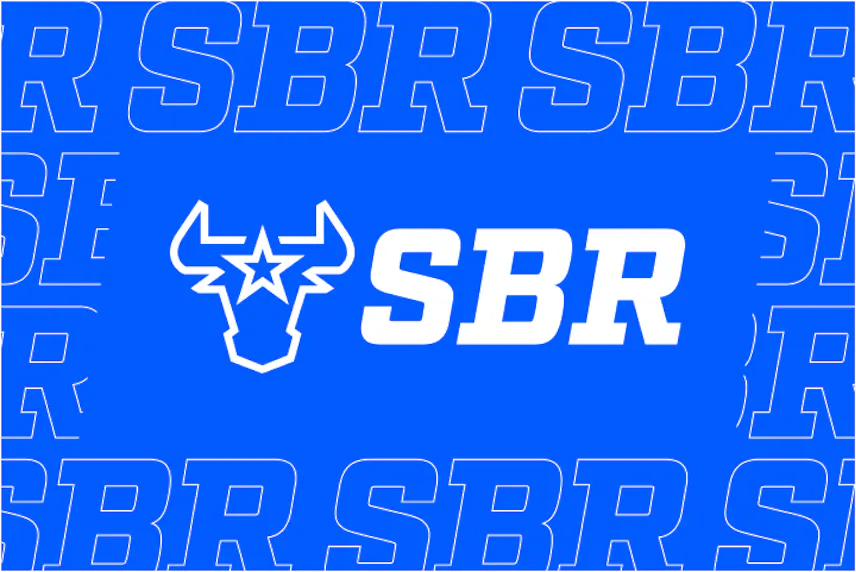GeoComply Data shows Drastic Move From Black Market to Legal Sports Betting

Last Updated: January 26, 2021 5:45 AM EST • 3 minute read X Social Google News Link

Conscious Gaming, "a philanthropic organization committed to utilizing advanced technology to propel social responsibility initiatives" has been busy analyzing the legal sports betting trends within the US market. Their data collected this past weekend is the latest, and possibly the greatest indicator yet that bettors in the US are increasingly spurning illegal offshore wagering platforms for highly regulated ones at home. The company dubbed Saturday and Sunday a “bad weekend for illegal bookies”.
Conscious Gaming, on the heels of data gathered by their parent company GeoComply stated Monday that: “Record volumes were recorded this past weekend for legal US online gaming and sports betting. It is a sign that US consumers favor the regulated US industry and are turning away from the illegal, unprotected, offshore bookie businesses of the past."
Deeper Dive Into the GeoComply Numbers
Thanks to a full menu of legal betting opportunities this past weekend that included NFL Conference Championship action, the NBA and College basketball and NHL, legal bettors came out in force. And they weren’t heading to offshore bookies, opting instead for the higher level of protection granted them by local and state-run sportsbooks.
Conscious Gaming reported more than 30 million geolocation transactions on NFL Conference Championship action alone over a two-day span from the 17 jurisdictions it tracked last weekend. The numbers from the 17 states and the District of Columbia that currently boast their own legal sports betting platform revealed an eye-opening 260% increase from last year's transactions over the same time period.
The Michigan and Virginia Factors
Two new US legal sports betting markets opened up prior to this weekend's action which included the highly anticipated NFL Conference Championship weekend. Michigan's long-awaited mobile platform (that now compliments their existing retail outlets) and Virginia, which boasts an online-only platform, were added to the US legal sports betting family on Friday and didn’t take long to make an impact.
Those two states helped the numbers reported out by GeoComply reach surprising heights. “Hundreds of thousands of people in Michigan and Virginia placed legal online bets for the first time this past weekend,” said Seth Palansky, Conscious Gaming’s vice president of corporate social responsibility.
When the numbers were tallied, Michigan and Virginia were responsible for approximately 7.5 million transactions that came from 400,000 accounts - most of which were new. Those 7.5 million transactions represented about 25% of all transactions placed in the US legal betting scene this past weekend.
The Overall Effect
The move from offshore to state-side betting providers is further proof of the paradigm shift in the US legal sports betting scene, and bad news for overseas sportsbooks that for decades had been depending on US dollars to keep them afloat.
More legal transactions for the US sports betting industry obviously leads to more revenues for providers and ultimately more tax dollars flowing in to state and local coffers. US betting dollars are increasingly staying in the country and addressing such needs as educational programs, pension programs and much-needed infrastructure projects.
Seth Palansky, Conscious Gaming’s vice president of corporate social responsibility, on the reported progress for the legal side of the sports betting industry stated that: “This demonstrates that Americans will abandon illegal websites and the street corner bookie to place their trust in companies that are accountable, provide robust consumer protections and responsible gaming measures.”
Confidence is at an all-time high for the US legal sports betting industry and rightfully so with the data released Monday. Those involved in the US scene already knew about the facts revealed in the GeoComply study and you can bet that prospective new markets will be eager to learn more as they consider a platform of their own.

Sportsbook Review X social